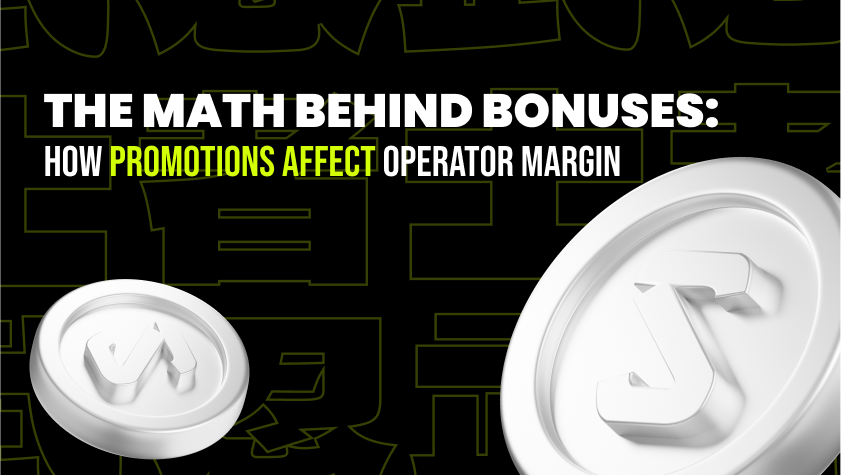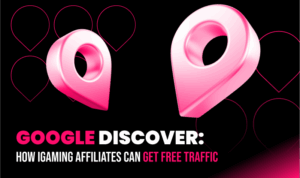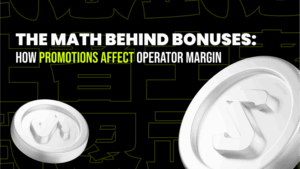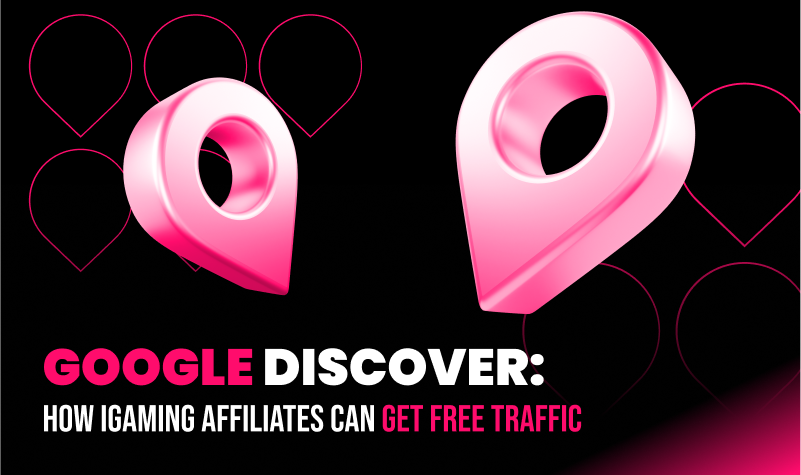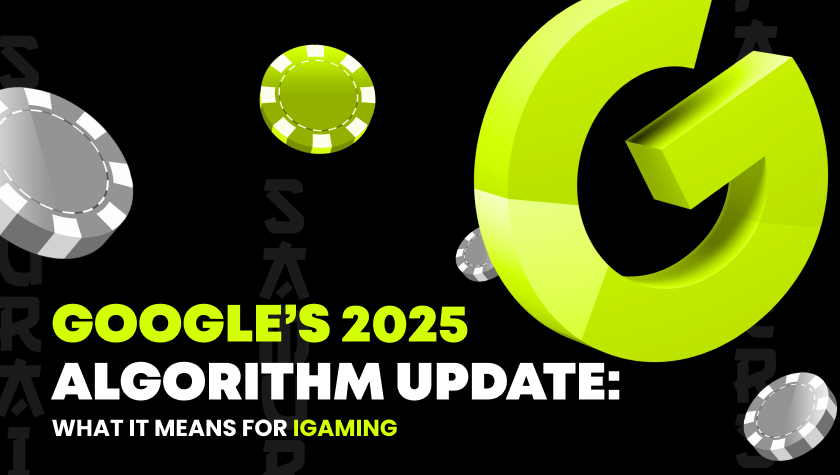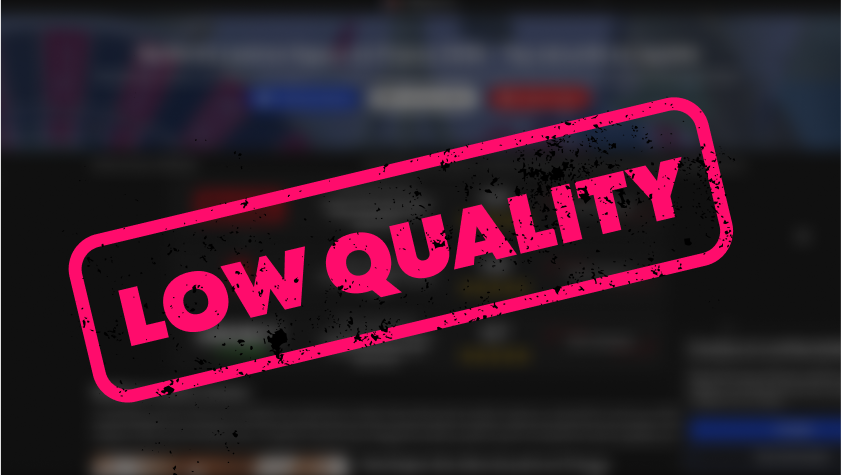Free spins, free bets, cashback — for the player, these are appealing perks; for the operator, they are a significant cost. Generous promotions can quickly boost traffic, but they also erode margin and create the risk of operating at a loss. The key lies in precise mathematics: how to calculate a bonus so that the player stays engaged, while the business remains profitable.
What is a bonus for the player — and for the operator?
For the player, a bonus is “extra” money to try a game without risk. For the operator, it is an investment in attracting or retaining a user, which should pay off through bets.
Bonuses are not just gifts. They are a managed financial tool, whose effect depends on multiple variables — from wagering requirements to the RTP of the game where the free spins are applied.
What determines the cost of a bonus?
Suppose an operator gives 100 free spins on a slot with a 96% RTP, with a €0.10 bet. At first glance, it seems like a €10 giveaway, but:
- Expected return for the player: 100 × €0.10 × 96% = €9.60
- Expected “loss” for the operator: €10 − €9.60 = €0.40
So, theoretically, the operator “loses” €0.40 per bonus. In practice, many players do not use the full bonus, fail to meet wagering requirements, or lose their winnings afterward.
How bonuses affect margin
Margin in gambling is the percentage of profit from the total volume of bets.
When an operator launches an aggressive bonus campaign, it can:
- Increase the number of bets (through higher traffic and activity)
- Simultaneously reduce profitability (due to the “free” money)
If bonus terms are calculated incorrectly, the operator can run at a loss, especially if players engage in low-risk strategies like even-chance betting or bonus hunting.
Common mistakes in bonus management
- Too low a wagering requirement
A 10x playthrough on cashback or free bets is a gift for experienced players. Such a bonus can be easily “cashed out” without giving profit to the operator. - Inappropriate games for the bonus
Free spins on a slot with 97% RTP and low volatility. Players receive stable returns, while the operator suffers a loss. - No GEO or profile restrictions
Bonuses may attract the wrong users — for example, bonus hunters, multi-accounters, or arbitrage players.
How to measure bonus program effectiveness
Key metrics:
- EV of the bonus (Expected Value): shows the average cost of one bonus to the operator.
- ROI of the bonus campaign: how much each invested euro brings back. If ROI < 1, the bonus is ineffective.
- LTV of the acquired player: how quickly the bonus pays off. Sometimes a “negative” bonus can be profitable if the player stays long-term.
How operators manage bonuses wisely
- Flexible segmentation: new players receive registration bonuses, VIPs get cashback, reactivated users get personalized free spins.
- Restrictions and protection: geo-filters, restrictions on high-risk games, monitoring for abuse patterns.
- A/B testing and analytics: what works better — 50 free spins or 100% deposit bonus? Only data can give the answer.
Conclusion: why bonus mathematics is key to success
So how do bonuses affect margin? Directly. Each bonus is a bet on the future. It can either increase player LTV and bring profit, or erode margin and hit financial results.
For operators, it is crucial not just to distribute bonuses, but to calculate each promotion precisely. Otherwise, the business risks turning into charity.
For players, a bonus is an opportunity — but one with rules that must be understood. Often, behind what seems like a free perk, there are real wagering conditions.

